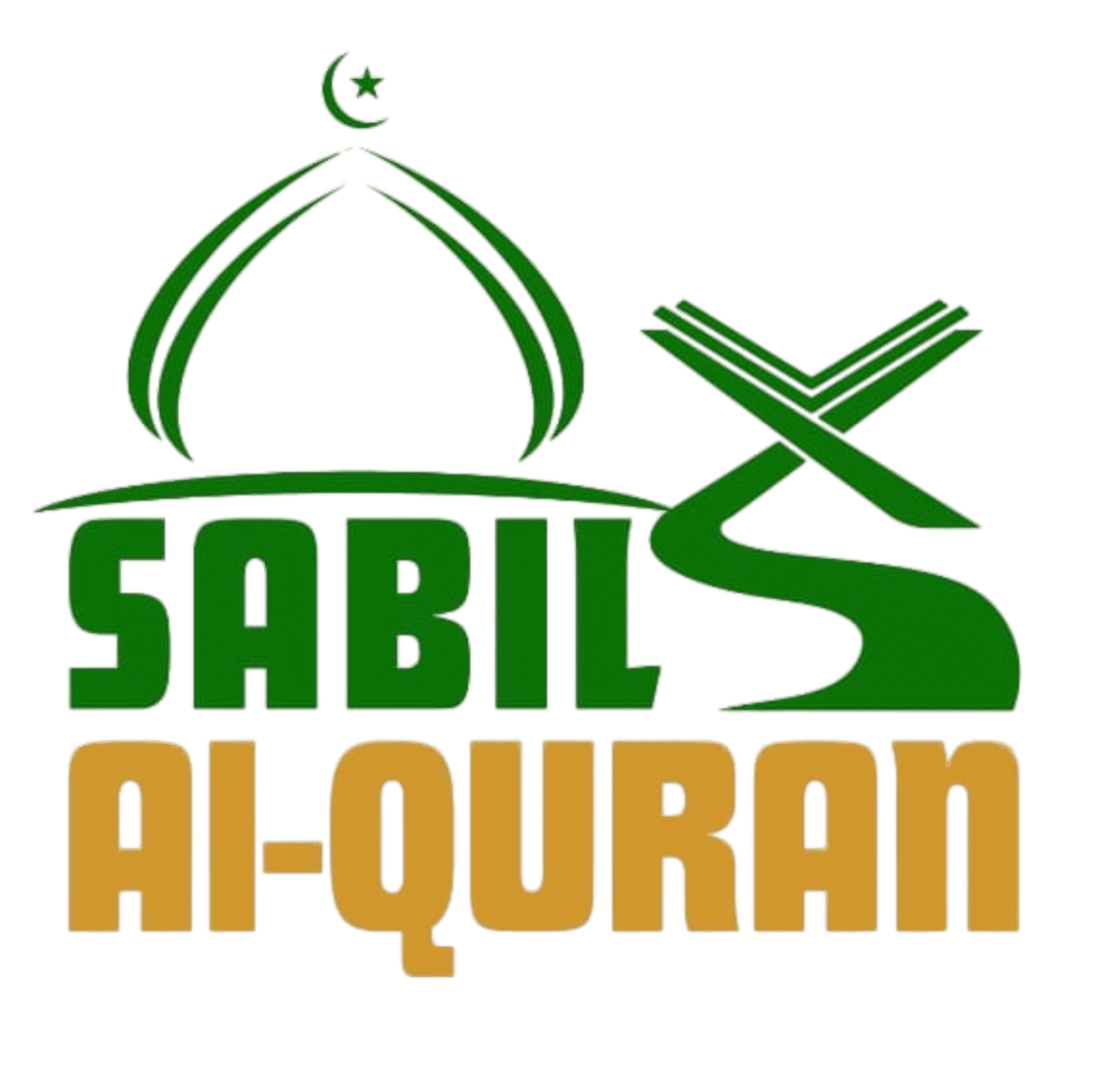Sabil Al-Quran
Can You Drink Water When Fasting Ramadan? – 68 Ramadan FAQs Podcast
Ramadan is a sacred month for Muslims worldwide, marked by fasting, prayer, and spiritual reflection. Many people have questions about its rules, significance, and daily practices.
In this podcast episode by Sabil Al Quran, we address the 65 most frequently asked questions about Ramadan, covering topics like fasting rules, spiritual benefits, and common misconceptions.
Whether you’re observing Ramadan for the first time or looking to deepen your understanding, this episode provides clear and insightful answers to guide you through this holy month. Tune in to learn more and enhance your Ramadan experience!
Ramadan is a month of fasting, prayer, and spiritual growth for Muslims worldwide. In this guide by Sabil Al Quran, we answer the most common questions about its rules, significance, and daily practices.
Dua Khatam Quran in Ramadan
Completing the Quran during Ramadan is a virtuous act, and reciting the Dua Khatam (supplication upon completion) is recommended.
Menstruation and Ramadan
Navigating menstruation during Ramadan: Understanding its rulings, spiritual alternatives, and maintaining connection with faith.
Music and Ramadan
Music in Ramadan: A spiritual debate, what’s permissible, what’s not, and how it impacts your worship.
Food & Drink in Ramadan
During Ramadan, Muslims refrain from eating and drinking from dawn (Fajr) until sunset (Maghrib). Suhoor, the pre-dawn meal, provides energy for the day, while Iftar, the meal at sunset, traditionally starts with dates and water before a larger meal.
Fasting & Timing in Ramadan
Fasting during Ramadan begins at dawn (Fajr) and ends at sunset (Maghrib). Muslims abstain from food, drink, and other physical needs during daylight hours. The timing of Suhoor (pre-dawn meal) and Iftar (breaking of the fast) varies based on location, following the Islamic lunar calendar.
Daily Activities in Ramadan
Ramadan is a time for increased devotion and discipline. While daily activities like work, exercise, and travel can continue, Muslims are encouraged to focus on worship, prayer, Quran recitation, and acts of kindness. Entertainment and social activities should align with the spiritual essence of the month.
Ramadan Personal Care & Hygiene
Maintaining personal hygiene during Ramadan is important and allowed. Activities like showering, brushing teeth, and using deodorant are permissible as long as they do not break the fast. However, care should be taken to avoid swallowing water or toothpaste while fasting.
Non-Muslims & Ramadan Participation
Non-Muslims are welcome to participate in Ramadan by joining Iftar gatherings, learning about fasting, and engaging in charitable activities. While fasting is not required, showing respect for the month’s significance is appreciated.
Children & Fasting in Ramadan
Greetings & Ramadan Etiquette
Ramadan is a time of spiritual reflection and community. Learn the proper ways to greet others, common phrases like Ramadan Mubarak and Ramadan Kareem, and how to respond to well-wishes during the holy month.
Conclusion
Ramadan is a time of spiritual reflection, self-discipline, and devotion. From fasting and prayer to acts of kindness and community engagement, it offers a unique opportunity for personal growth and strengthening faith.
Understanding the rules and practices of Ramadan helps Muslims observe it with sincerity and dedication while allowing non-Muslims to appreciate its significance. May this holy month bring peace, blessings, and spiritual fulfillment to all who observe it.

